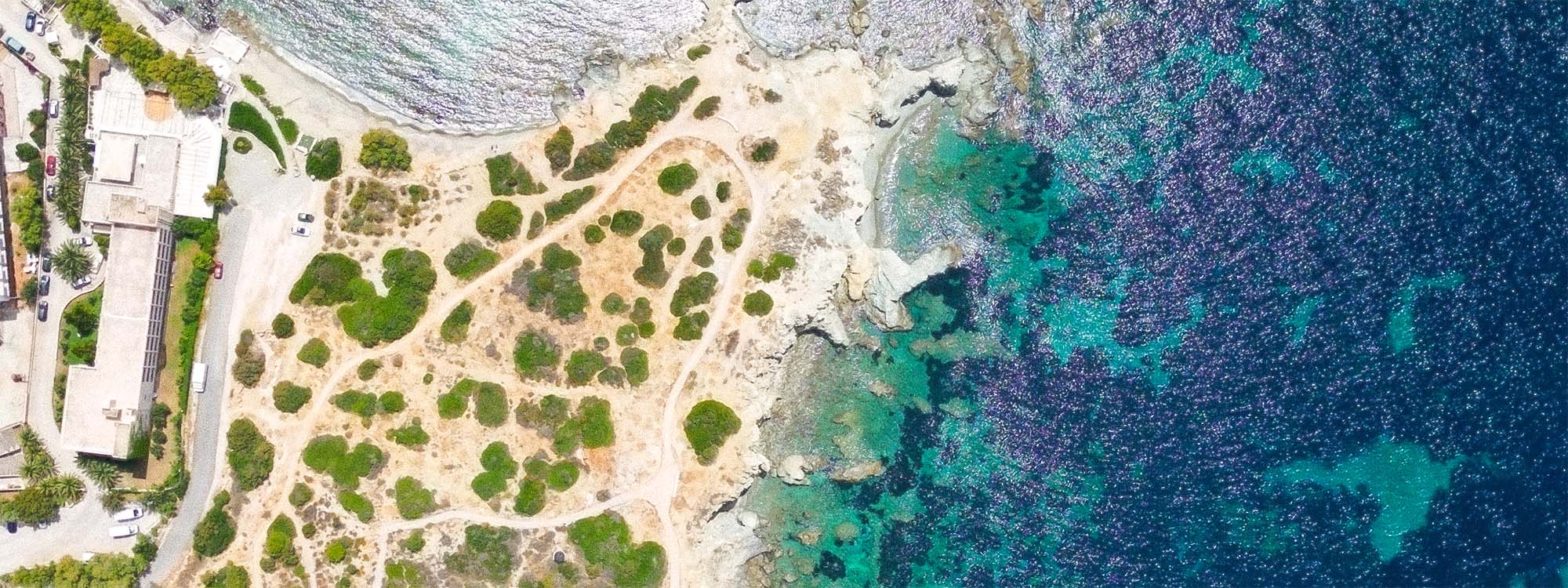
We combine detailed scientific research—testing chemicals and studying their effects on marine life—with efforts to influence policy, ensuring real improvements in ocean health.Our work focuses on:
Identifying Harmful Chemicals – Pinpointing CECs that pose the greatest risks to marine life.
Assessing Impact – Studying how these chemicals affect marine ecosystems, from individual species to overall biodiversity.
Developing Solutions – Creating practical tools and strategies to monitor, manage, and mitigate harmful substances.
Engaging Communities – Working with policymakers, organizations, and the public to raise awareness and drive action.

The CECs selected will be used in biological effects studies to determine their toxicity to a diverse range of marine life and to elucidate their mechanisms of toxicity. This will provide vital information for the development and optimisation of biomarkers to cover the many mechanisms of toxicity that will be used within the integrated assessment framework that will be applied to target organisms in case studies for the effective monitoring of the marine environment.
The knowledge gained will provide best practices and guidance documents that will form the basis of a series of policy briefs to influence current EU policy on the best methods to assess good environmental/ecological status (GES) in the marine environment, including the marine strategy framework directive (MSFD) and the water framework directive (WFD). Additionally, the selected CECs will feed into both modelling studies where the fate and distribution of CECs will be applied to specific case studies, and biodiversity assessments, where the impact of CECs will be assessed on both sediment and pelagic communities.
Proficiency tests and training workshops will ensure the highest quality methods are implemented by as many European laboratories as possible. Finally, educational outreach programmes will target the younger generation and inform them of the dangers of CECs and provide advice on the best practices to reduce individual anthropogenic impacts on the environment.